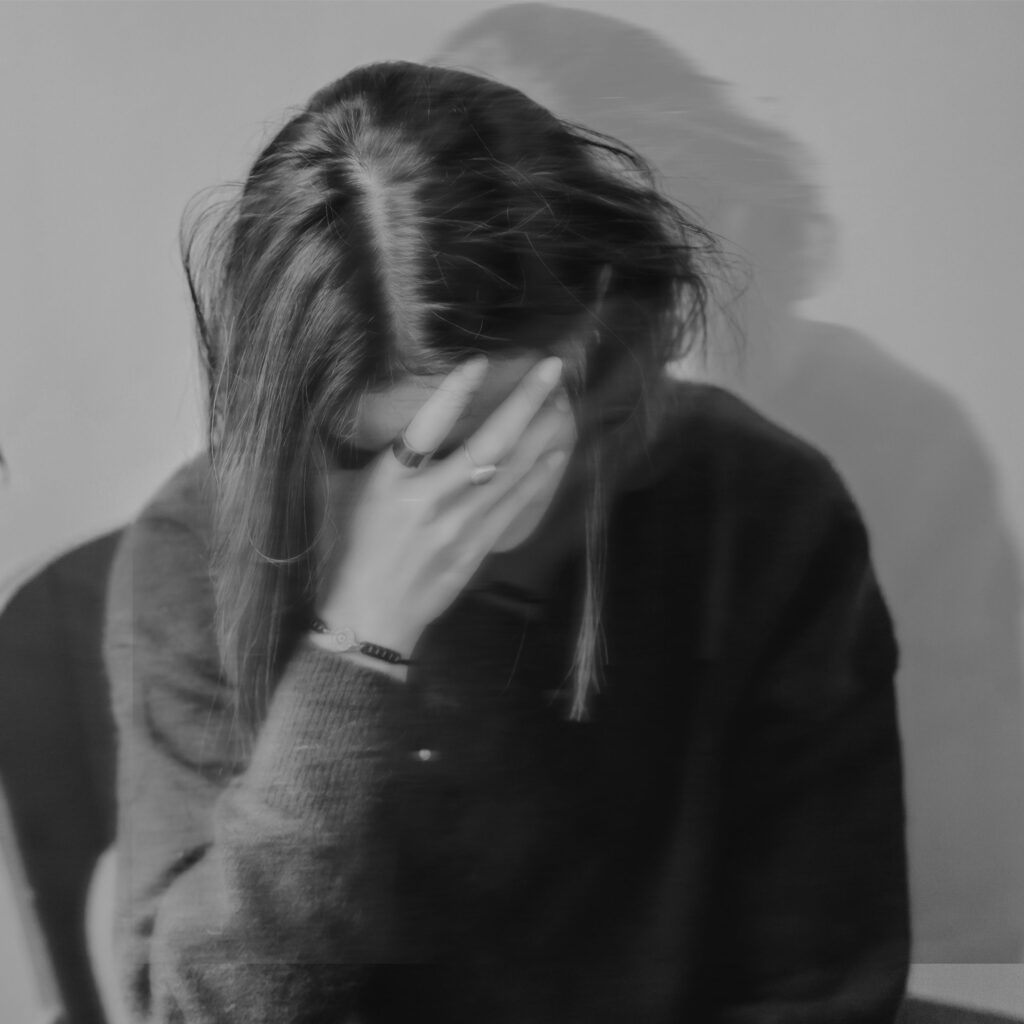What are Co-occurring Disorders?
Co-occurring disorders is a diagnosis of multiple disorders. Sometimes at the same time. They can also referred to as a dual diagnosis. This is when people struggling with their mental health as well as struggling with substance use disorder. People who suffer have co-occurring disorders. Also known as a dual diagnosis’s.
When a psychiatric disorder and a substance use disorder co-occur, they may have different difficulties. The difficulties of each can change over time. Those who have a single disorder have many challenges. However people with a combination of disorders may have more medical and mental health challenges. As well as needing to have longer periods of treatment.
Common signs of Co-occurring Disorder.
Co-occurring disorders have many signs so it can be found. As there are many different disorders for people to have. Down below has a list of different disorders which may happen.
Many mental health conditions may co-occur with substance use disorders, such as:
Depressive disorders – Depression is a disorder of an individual’s mood that causes a continuous feeling of sadness and loss of interest. Known as major depressive disorder. Also affecting the way they think and behave and can lead to a variety of emotional and physical problems.
Bipolar disorders -Bipolar disorder, sometimes known as manic depression, is a mental illness. Individuals with bipolar disorder have the characteristic of extreme mood swings. People who suffer can have episodes of energetic mania. Then followed by a lot of crippling depression. Sadly these symptoms can last for many weeks, sometimes longer.
Anxiety disorders – Anxiety disorder is a mental health condition. Having anxiety disorder, you respond to situations linked to fear and dread. Individuals struggling with anxiety may also experience physical signs of anxiety, such as heart palpitations and sweating.
Personality disorders – Personality disorder is a kind of mental disorder in which people have an unhealthy and uneven pattern of thinking, functioning and behaving. Those with a personality disorder have trouble relating to situations and people. This causes big problems with day to day life such as school.

common co-occurring disorders:
Major alcohol and depression use disorder
Schizophrenia and alcohol use disorder
Poly drug addiction and borderline personality disorder
Consequently substance use and mental health issues are in connection with each other. Screening for either a mental health disorder or for a substance use disorder will involve a assessment for the other as well.
Frequently co-occurring with other mental health disorders can be alcohol use disorder and tobacco use disorder. This is because alcohol and tobacco can be easily and legally brought and used by adults, and is easy to use.
However, recent trends have shown that prescription medications such as narcotic pain medications and benzodiazepines are becoming increasingly more prevalent. These form of substance use disorders in dual diagnoses, and co-occurring alcohol use disorder rates are declining.
Co-occurring Disorder treatments.
Mental health and addiction problems co-occur for a plenty of reasons. Certain environmental or genetic risk factors can trigger both. Some people self-medicate mental health symptoms by the use of drugs or alcohol. Mental illness symptoms can be caused by substance abuse. Treatment for this does exist no matter the reason for co-occurring disorders involving substance abuse. The treatment is too specialized to be very effective. Getting treatment will depend on your personal circumstances. As well as your addiction. Their key worker will work with them to create the correct treatment for them. Below is a list of treatments:
The treatment plan may include different treatments and strategies.
Talking therapies –Talking therapies, such as Cognitive behavior therapy (CBT), can help people to see their feelings as well as their thoughts and feelings. This is due to the effect of their behavior
Detoxification (detox) – Detoxification is for the people who want to stop taking drugs or alcohol such as heroin for good. It can help them to cope with their withdrawal symptoms.
Reducing harm – Employers at a local pharmacy will help reduce the risks associated with people taking drugs. They offer treatments for sexual health problems. Especially linked to drug taking. Such as H.I.V or Aids.
Treatment with medication:
Someone who is dependent on heroin, take a substitute drug. Drugs such as methadone. Meaning that person can get on with the treatment given to them. This is without having to worry about withdrawal symptoms or being tempted to buy more.
Self-help –
Some people find support groups sessions such as Narcotics Anonymous helpful. Their key worker can tell them where the nearest group session is.
Substance abuse increases mental illness symptoms and can mess up with treatments and medications for mental health disorders. Undiagnosed mental health disorder may disrupt addiction or substance abuse treatment. No matter the reason that the disorders co-occur, there is a specialized treatment called integrated treatment. It provides the best results.
Integrated treatment is the mix of mental health care and substance abuse counselling and care. It begins with a special screening and assessment. These help professionals diagnose the substance abuse and mental health issues, by the persons facial expressions. By doing this it helps professionals create a special care plan. The care-plan will be made to their specific circumstances. They will do an assessment. The assessments will also be provided throughout the treatment process. When the care plan is completed you can updated it. So they can address their changing recovery needs. Many plans may involve psychotherapy, group therapy and other forms of the person and family care.



